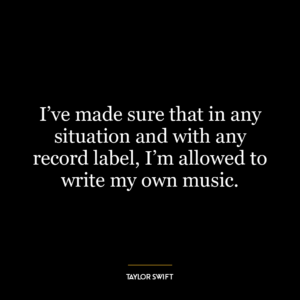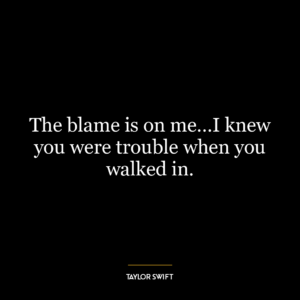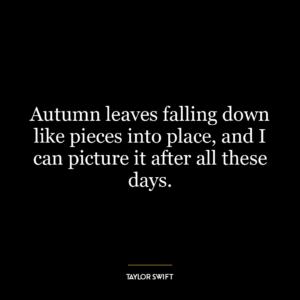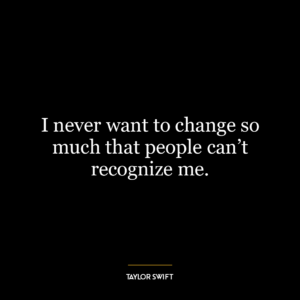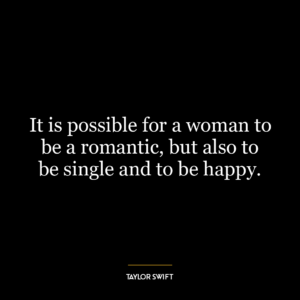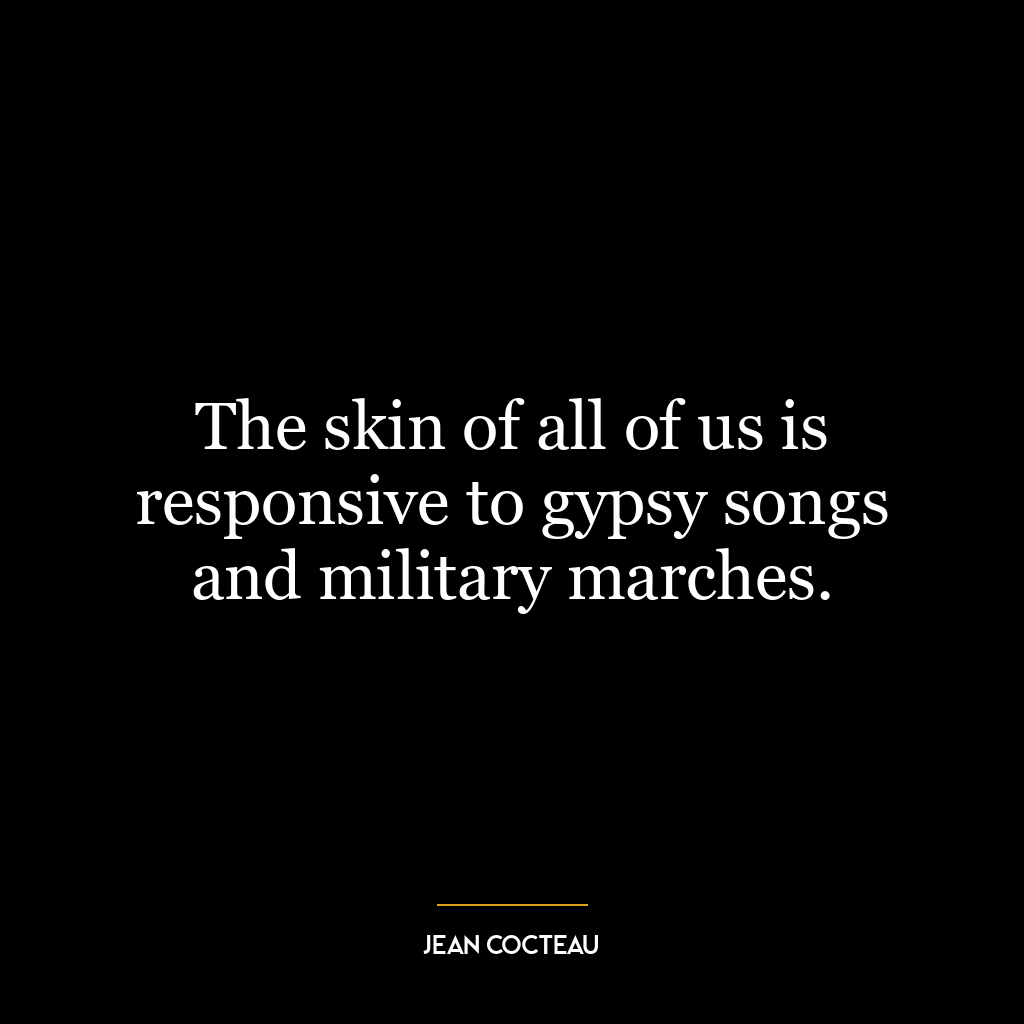This quote suggests the power of music as a positive and therapeutic outlet for teenagers, rather than resorting to harmful substances such as drugs and alcohol. It advocates for the use of music, with its ability to evoke emotions and provide comfort, as a healthier coping mechanism for the challenges and struggles that teenagers often face. The quote also implies that music, with its myriad of genres and messages, can serve as a filter or lens through which teenagers can process their experiences, emotions, and thoughts.
Applying this idea in today’s world, it could be seen as a call to action for parents, educators, and society as a whole to encourage teenagers to explore music as a form of self-expression and emotional release. This could be done through promoting music education in schools, supporting teenagers in their musical pursuits, or simply fostering an environment where music is appreciated and valued.
In terms of personal development, the idea could be applied by using music as a tool for self-reflection and personal growth. For instance, creating playlists that resonate with one’s feelings can help in identifying and understanding emotions. Writing songs or playing musical instruments can also be a form of catharsis, allowing teenagers to express their feelings in a constructive way. Moreover, research has shown that music can have a profound impact on our mood and mental health, suggesting that it can indeed serve as a powerful alternative to negative coping mechanisms.



